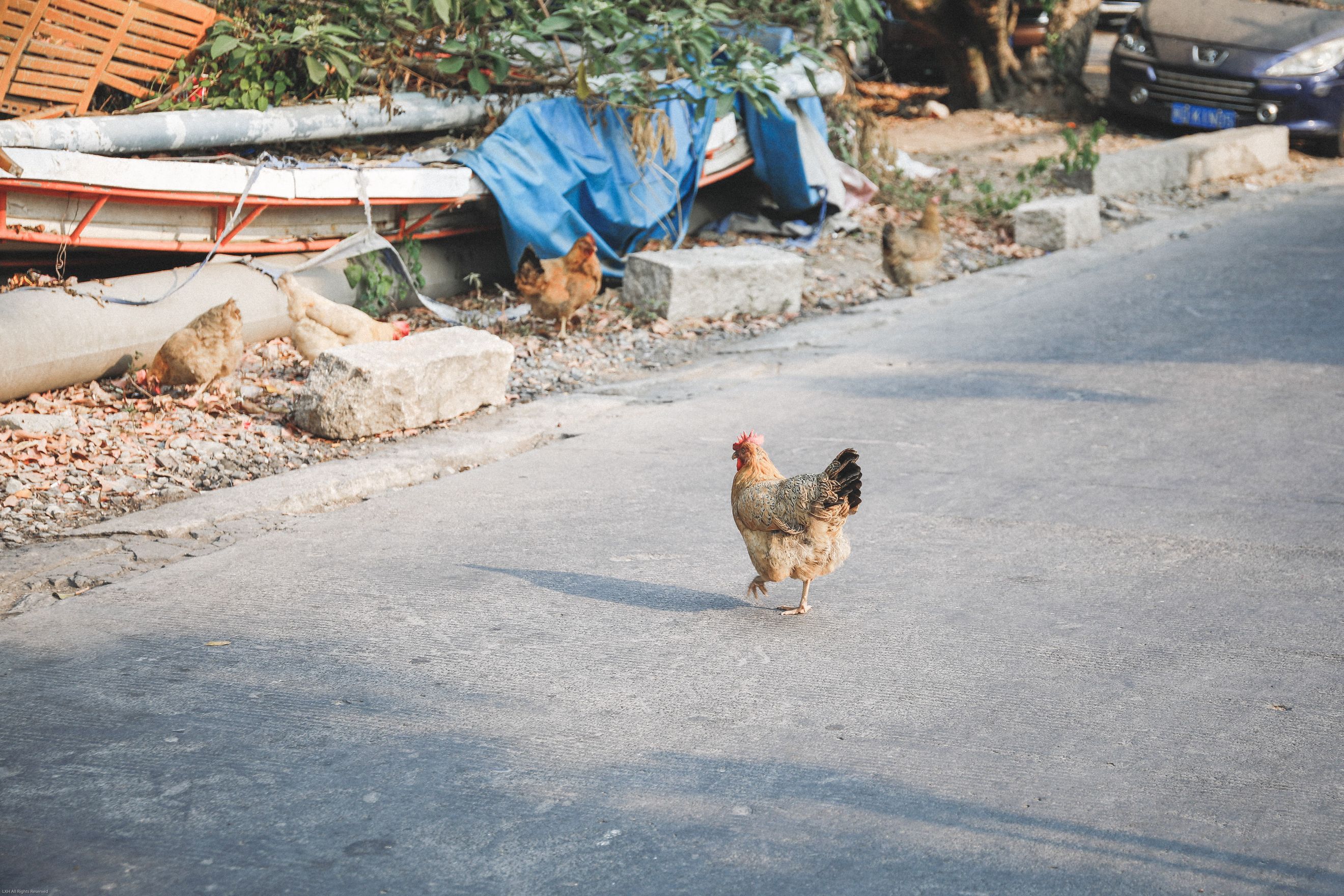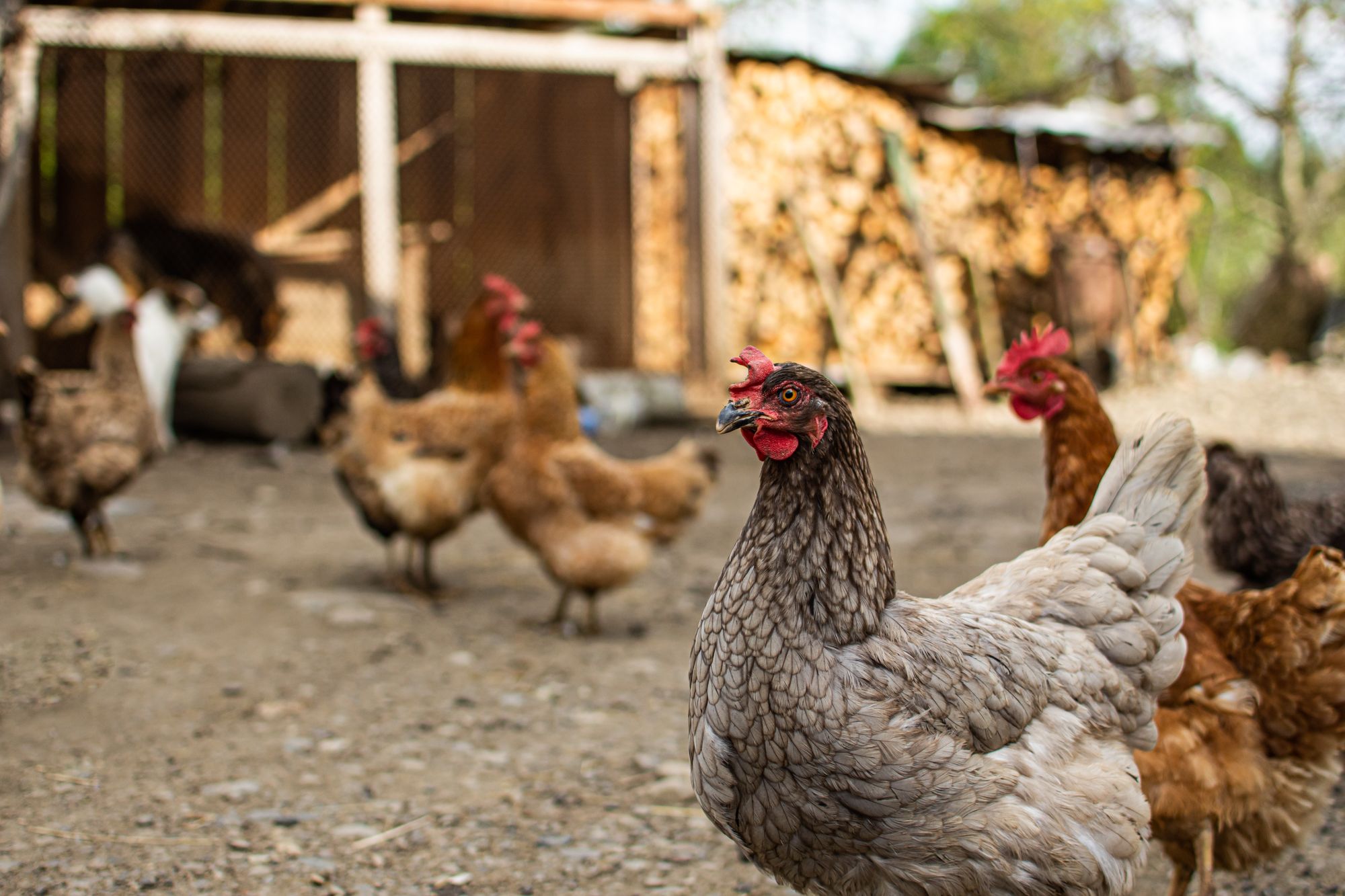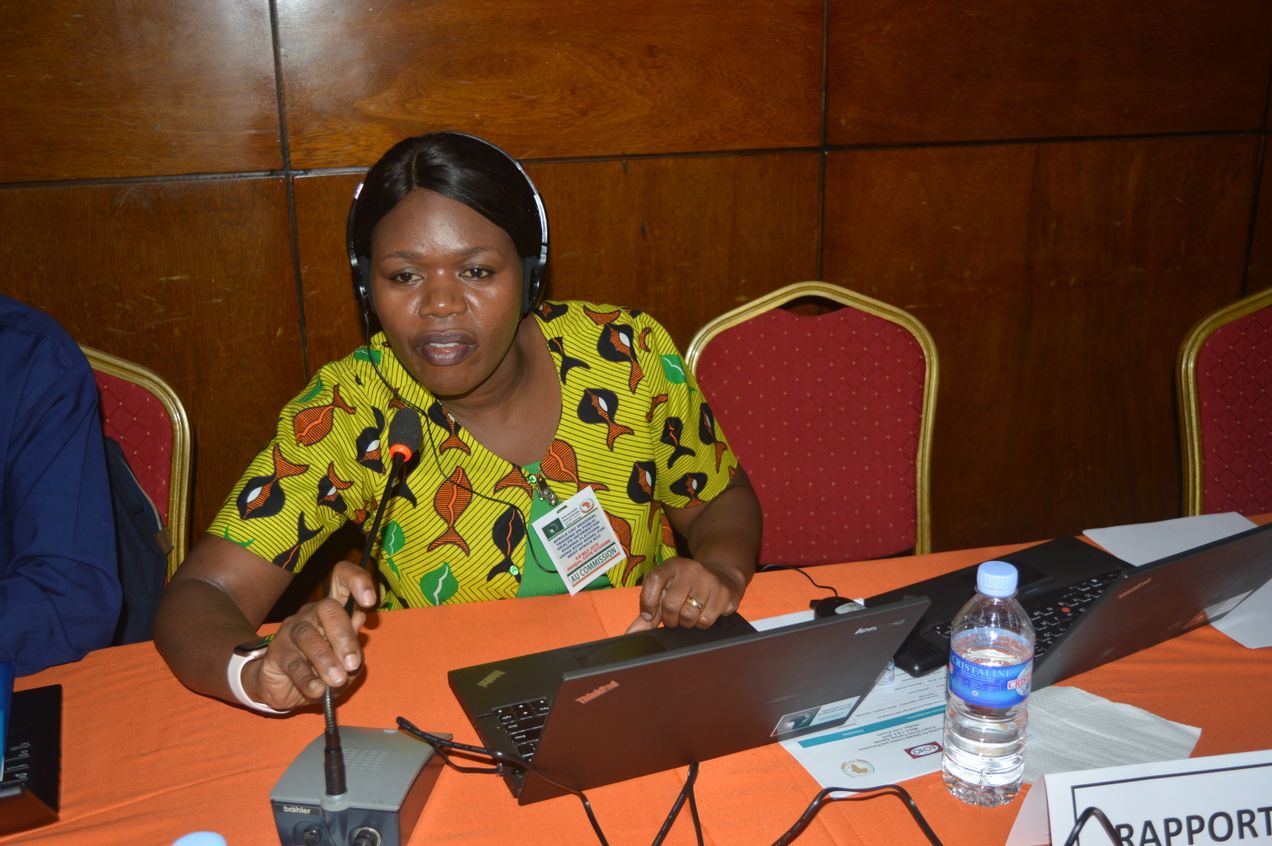
A Chicken in (Almost) Every Pot
Bradley Mayuba details how the pandemic inspired him to begin poultry farming
When covid-19 appeared in Kenya, many did not foresee its impact on the economy or expect the pandemic to last this long. My father lost his job as a hydrogeologist and decided to relocate to Nairobi from Embu, where we resided, to find work. I stayed back, hoping the tide would change in no time. Big mistake.
With the university in Embu closed and students back home, I could no longer earn a living as a carpenter and took odd jobs, from trimming trees to construction to rearing chickens. Inspired, I bought my first batch of one month old chicks from local small scale farmers and constructed a coop for the birds. Due to steep delivery charges, I couldn't buy brooder bulbs and substituted with a charcoal burner to keep the birds warm.
Cleaning the coop was yet another challenge. I realised ant infestations were a danger to my birds, and had to guard against them, using an overturned cloth basket as an overnight makeshift coop. Sometimes the birds became sick, but with the help of the internet, I managed to recognise the disease and administer the appropriate medication.
With help from my friends, I ploughed the unused part of the land and planted collards, lettuce, spinach and spring onions, which soon blossomed. At the local market many complimented the robustness of my produce, claiming I had the hands of a farmer on his way to becoming a millionaire. On a good week, I made two thousand shillings ($20) from selling seedlings and used the money to buy medication and food for my chicks.

While businesses in Nairobi closed due to the lockdown restriction, in Embu the situation was different. There was an abundance of construction work as those returning from cities across Kenya sought to repair or rebuild their country homes. Since I didn't mind getting my hands dirty with cement, I volunteered my services and earned not only good pay but also experience.
As restrictions in Nairobi eased, I left my farm under the management of a good friend and travelled to help my brother's chicken business, which was struggling from low patronage as many people had taken up farming themselves, having lost their jobs to covid-19-related layoffs and business closures. I managed the marketing the chicks to friends back in Embu who desired to start poultry farms, and took to marketing our produce via social media that opened our market to new clients all over Kenya and led to a surge in orders. Meanwhile, my dad experienced a surge in job offers as more institutions opted to control their own water supply to avoid a repeat of the interruptions that occurred during lockdown.
For the first time in a long time, my family sat together every day to discuss serious and trivial topics. My parents, who treated me and my siblings as kids, began seeing us as adults capable of solving problems, including financial ones. The pandemic broke us, but in our brokenness we became innovative. The pandemic also tested and taught us about the strength of family bonds, of love and reliance. The year’s ended, covid-19 is still among us, but with family on my side, I know I can survive whatever 2021 throws at us.

